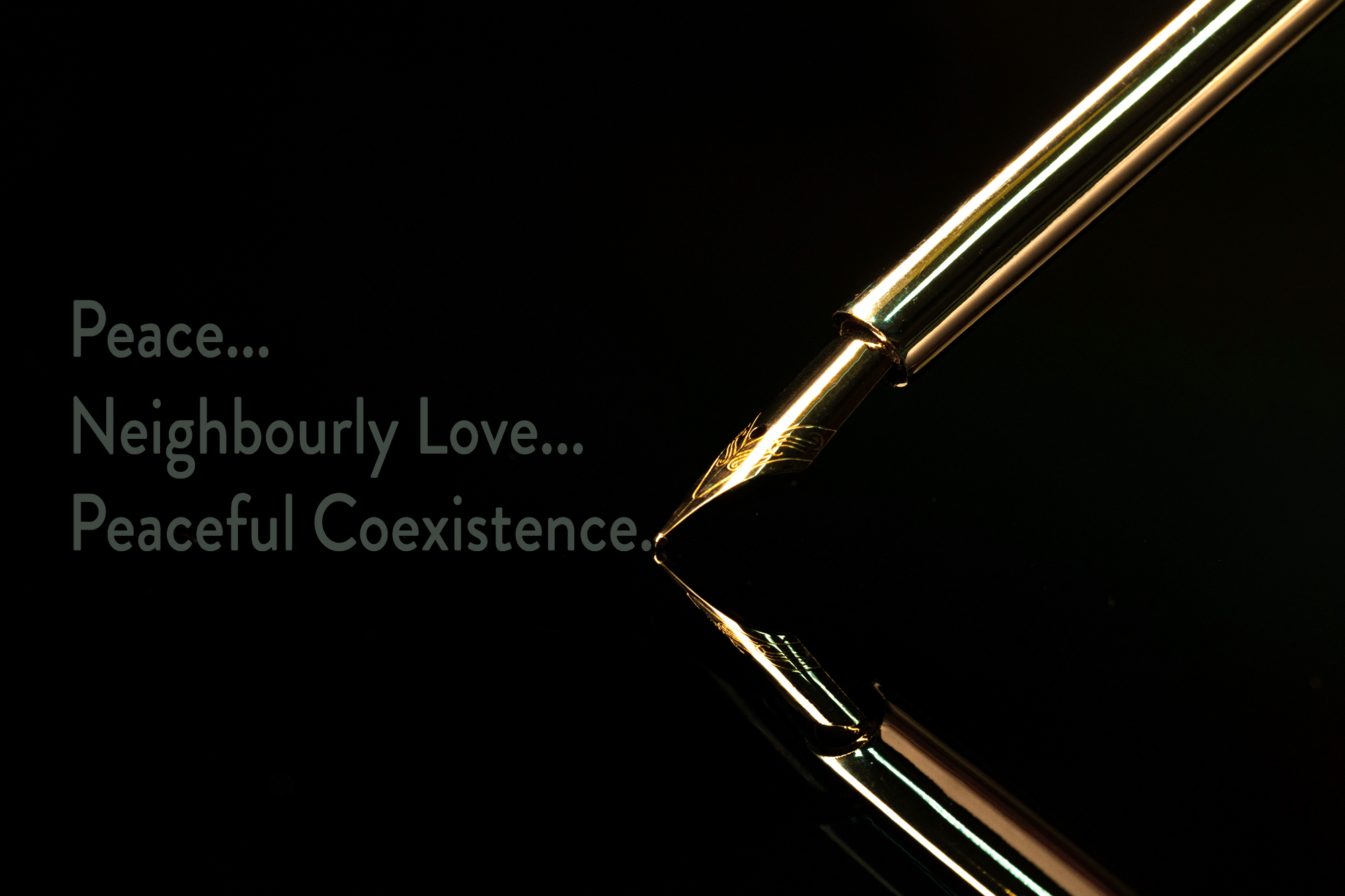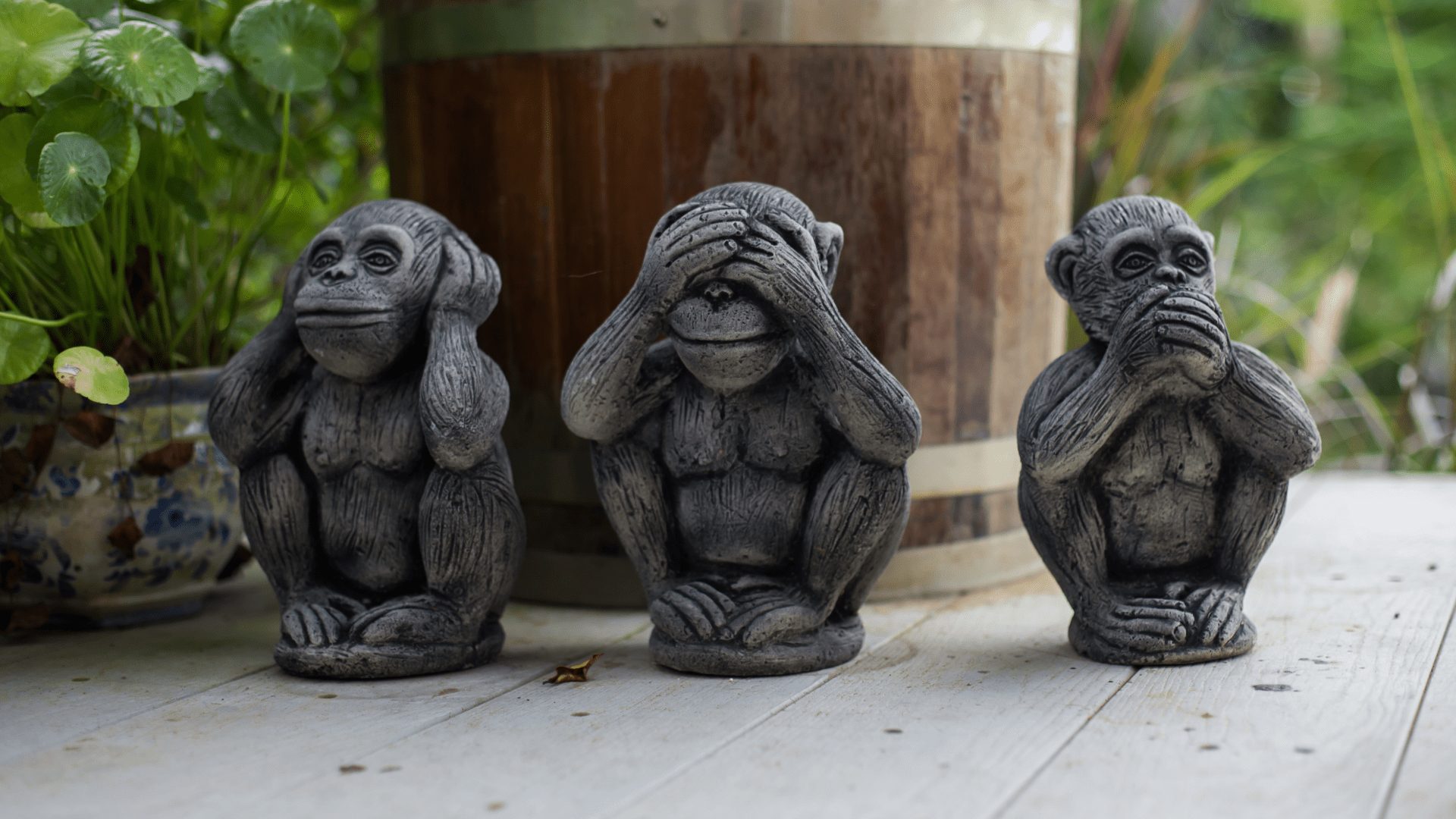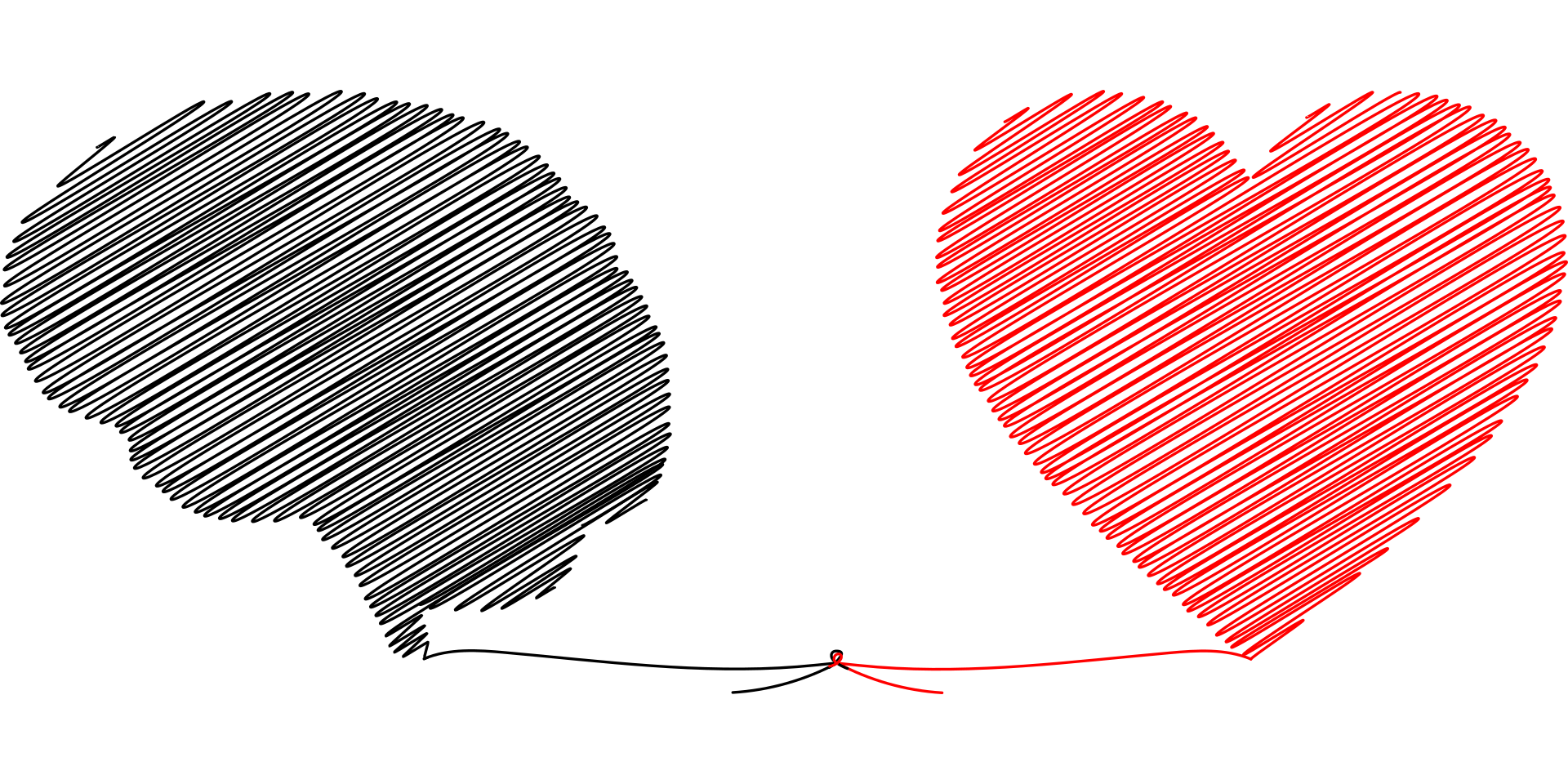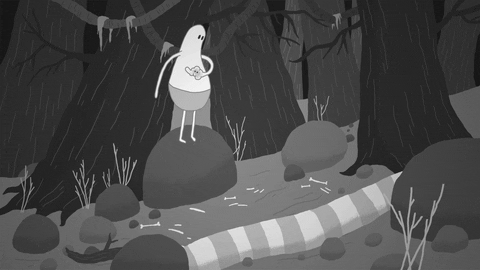
“Stand with a Fist” is the name of a character in a movie, a young Indian woman in the movie “Dances with Wolves”. I had to think of it recently and what these two expressions mean to me these days:
In this modern world we are supposed to be strong, independent and always up-to-it – whatever ‘it’ may be.
In business and increasingly so in private life if you admit to ‘weaknesses’ you may be looked at askance. And what are those, really? You may lose the confidence of others into your abilities, your skills and your powers of thought or ideas.
‘Weakness’, I think that’s a grave misconception of what humans are, in effect: We all are living and breathing entities, who all their lives are looking for that decisive ‘connection’ with another, that lifting of the ‘veil’, the ‘barrier’ between us – and the conquest of that feeling of separateness as Erich Fromm called it: Love.
Often ‘weaknesses’ means ‘just’ everyday life occurrences that are not ‘pretty’ in a character, such as cheating at cards, telling tall tales for the truth – or eating the last piece of cake.
But much more often ‘weakness’ is equalled with ‘being vulnerable’.
‘Strong’ being identified as what warriors are supposed to be like: Always know the way, always be cool, calm and collected – and never take anything to heart.
If needs be – women and children are to be saved first. Fight for a cause. And die for it, if it so happens.
Well, not all is ‘fair’ in love and war’, because – we are not at war in everyday life!
And we should also not strive to be fit for war, first and foremost. Because:
“Be careful what you wish for.”
Or
If you focus on one thing in your mind’s eye, you cannot focus on the other.
It’s rather simple, in many ways: Our mind is a powerful tool to invoke images and those in turn ‘make’ our emotions, and are informed on by our emotions. And so on.
That’s why focusing on the good can be so important, not to say, crucial!
Focusing on Love.
In essence, love is what keeps us alive, and strong, and self-confident and – positive.
Love? Isn’t it food, and drink and clothing and shelter that makes us stay alive? Yes, but after that?
I think what makes us all stronger really is to focus on all that is part of a peaceful, and fine life, in a community: Not be a warrior carrying your harness all day long – but a sensitive and humane person with feelings that allow us to laugh, to love – and to feel friendship.
But why should I take the first step? What if someone else is there – and hurts my feelings – and I will perhaps even be made to look a fool?
Well, that’s why I called it ‘dancing with life’: It’s not easy. You take steps and you reverse them, you try again and sometimes someone steps on your foot. But who said it should be – easy?
Is war easier? Or better – or nicer? It hurts more – and it kills people.










